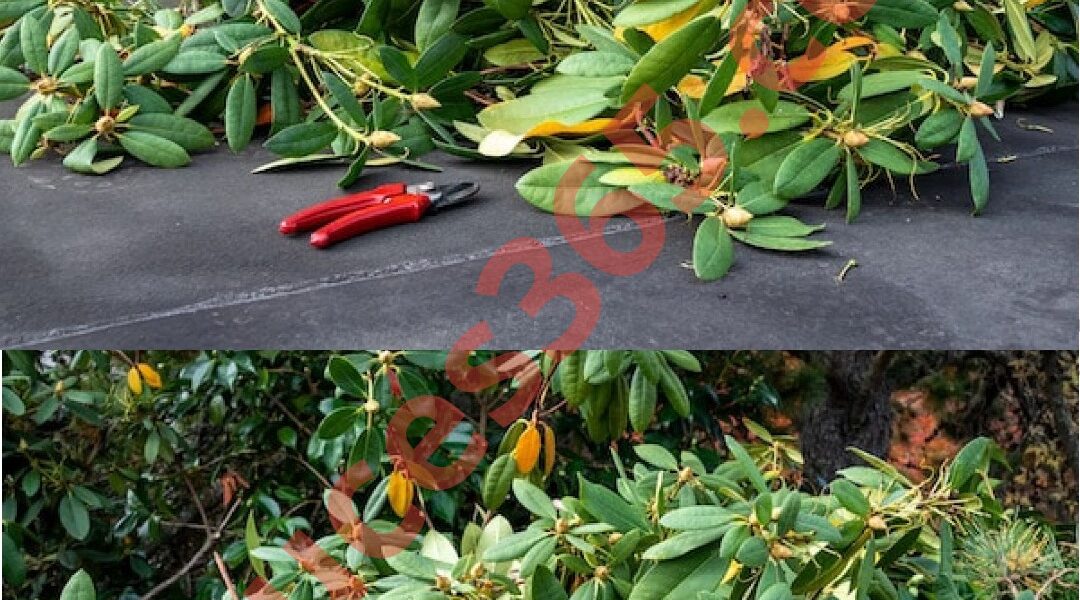8 Plants You Should Never Prune In The Fall
Fall is a transitional time in the garden, when many plants begin to slow down their growth in preparation for winter. However, it’s important to remember that not all plants need to be pruned at this time of year. In fact, some plants benefit more from pruning in the spring or summer. Here are eight plants you should never prune in the fall to maintain their health and vitality.
1. Deciduous Trees
Deciduous trees, such as maples, oaks and Japanese maples, generally should not be pruned in the fall. Pruning in the fall can result in excessive growth of new shoots that are vulnerable to winter cold.
2. Spring Flowering Shrubs
Spring-blooming shrubs, such as lilacs and forsythias, produce their flower buds in the fall. Pruning them at this time can remove the buds and reduce spring blooms.
3. The Roses
Roses benefit from light pruning in the fall to remove spent blooms, but heavy pruning at this time can leave them vulnerable to cold. It is best to prune roses in the spring, just before new growth begins to develop.
4. Evergreen Shrubs
Most evergreen shrubs, such as rhododendron and boxwood, should not be pruned in the fall. Pruning at this time can damage the plants by removing their natural protection from the cold.
5. Perennial Herbs
Perennial herbs, such as lavender and sage, should not be pruned in the fall. Allow their stems to dry naturally, as they provide winter protection for the plant.
6. Berry Shrubs
Berry shrubs, such as elderberries and pyracanthas, produce berries in the fall that are an essential food source for birds during the winter. Avoid pruning them at this time to allow birds to enjoy the berries.
7. Mediterranean Plants
Mediterranean plants, such as olive and rosemary, do best if they are not pruned in the fall. Pruning at this time can make them more vulnerable to winter frost.
8. Bulb Plants
Bulb plants, such as tulips and daffodils, should not be pruned in the fall. Allow the leaves to dry naturally after flowering to allow the bulbs to store energy for the next growing season.
In conclusion, pruning in the fall is not appropriate for all plants. It is important to know the specific needs of each species and to respect their natural growth schedule. In many cases, pruning in the fall can weaken plants and make them more vulnerable to the harsh winter weather. If you are unsure about the best pruning time for your plants, it is advisable to consult a horticultural professional or do species-specific research to ensure their health and vitality.
